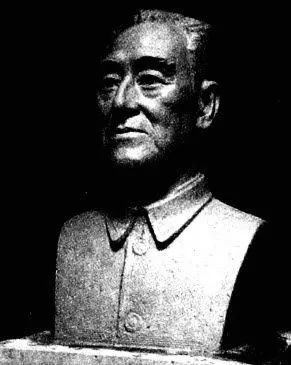Here's a recent paper looking at NLDAC. (I'm on their advisory board.)
It might help make the case for yesterday's proposed legislation...
It might help make the case for yesterday's proposed legislation...
ORIGINAL ARTICLE
Full Access
Return on investment for financial assistance for living kidney donors in the United States
First published: 08 May 2018
Abstract
Background
The National Living Donor Assistance Center (NLDAC) enables living donor kidney transplants through financial assistance of living donors, but its return on investment (ROI) through savings on dialysis costs remains unknown.
Methods
We retrospectively reviewed 2012‐2015 data from NLDAC, the United States Renal Data System, and the Scientific Registry of Transplant Recipients to construct 1‐, 3‐, and 5‐year ROI models based on NLDAC applications and national dialysis and transplant cost data. ROI was defined as state‐specific federal dialysis cost minus (NLDAC program costs plus state‐specific transplant cost), adjusted for median waiting time (WT).
Results
A total of 2425 NLDAC applications were approved, and NLDAC costs were USD $6.76 million. Median donor age was 41 years, 66.1% were female, and median income was $33 759; 43.6% were evaluated at centers with WT >72 months. Median dialysis cost/patient‐year was $81 485 (IQR $74 489‐$89 802). Median kidney transplant cost/patient‐year was $30 101 (IQR $26 832‐$33 916). Overall, ROI varied from 5.1‐fold (1‐year) to 28.2‐fold (5‐year), resulting in $256 million in savings. Higher ROI was significantly associated with high WT, larger dialysis and transplant costs differences, and more NLDAC applicants completing the donation process.
Conclusions
Financial support for donor out‐of‐pocket expenses produces dramatic federal savings through incremental living donor kidney transplants.





